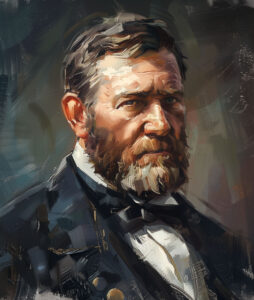Reviewed by David J. Marcou
By Bill Nasson
Tempus Publishing, Gloucestershire, 254 pages
Sir Winston Churchill said that empires of the future will be those of the mind. In one sense, all empires have that element to them, and all frontiers. Churchill, though, would have been the first to say that even ideal empires must have very practical elements in them, too.
Professor Bill Nasson, a South African don who earned his doctorate at Cambridge, tells the story of the world’s greatest empire in Britannia’s Empire. He states, “As the true benefit of all empire lay in the bestowing of order and organization, if need be by calculated force,” Britain’s depended eventually on the “voluntary acceptance of its orderly gains and tranquil benefits.” That seems the basis for today’s Commonwealth, as the memory of empire lingers on there in institutions that still contain much of the reflected genius of the old British empire.
Beginning with the empire’s emergence in the early 16th century, the author covers the diversity of exploration, conquest, evangelization, trade and assimilation, as well as defeat and renaissance. With the 1497 expedition of John Cabot to North America and circumnavigation of the globe by Sir Francis Drake in 1577, the territorial outline was formed whereby British colonial cycles began. From the reign of Elizabeth I through Victoria’s, North America, the Caribbean, Africa, Australia, New Zealand and, of course, Asia saw British territories flourish as conquest and trade progressed.
Thinking America might be the Jewel of Empire for its hoped-for passage to India, British rulers acquired land and property, while becoming a greater sea force than history had ever known. The East India Company had already been chartered in 1600, and India became more crucial in the Sceptered Isle’s overseas policies as infrastructural resources were shifted away from the new United States at the end of the American Revolution. Canada remains a member of the Commonwealth, as are some of the Caribbean islands. The same goes for India, Pakistan, South Africa, Australia and New Zealand, among 53 current members.
The lack of quotations, footnotes or even a few helpful statistics to accompany Professor Nasson’s analysis should have made this book very dry, but it is rich with useful insights. The author’s ability to reflect upon facts and ideas compellingly makes readers think. Both critical of and complimentary to the British empire, the author argues that the British still have a lot going for them.
The progress Britain is making today vis-a-vis the Commonwealth, America, the European Union and the rest of the world has a lot to say about Britain’s being more than “just” an empire of the mind. It is a working polity for the future. To be sure, Britain and America continue to be leaders globally, as is the European Union. Unity has its advantages as long as every partner comprises a democratic people and institutions of productive service to humankind and its environments.




